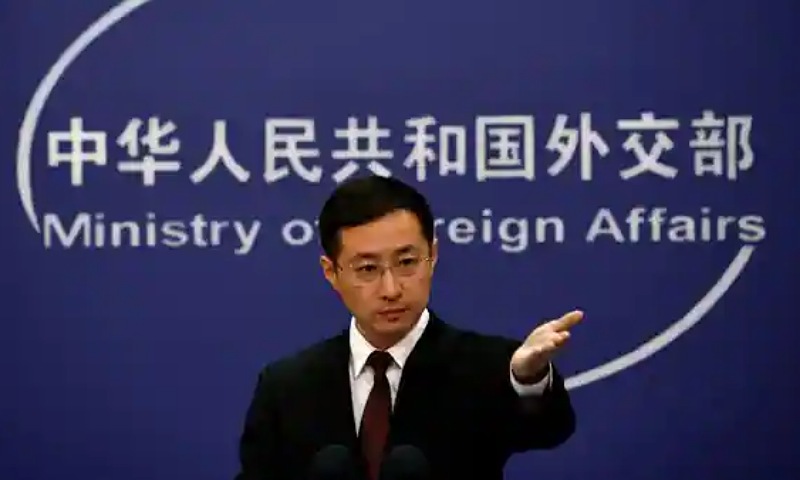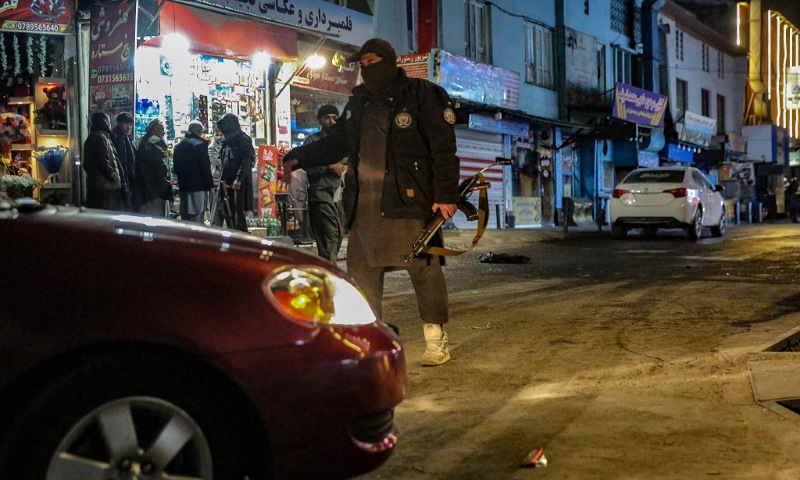In response to the federal government shutdown, the administration has allocated $300 million to sustain the WIC (Women, Infants, and Children) nutrition program. The move ensures that the program can continue helping over 6 million low-income mothers, infants, and young children purchase essential food items.
This infusion came at a critical time, as WIC’s annual funding was delayed due to the shutdown, and some states were on the verge of exhausting their reserves.
How the Funds Were Sourced
Officials stated that the money comes from unspent tariff revenues from the previous fiscal year. The U.S. Department of Agriculture (USDA) transferred the funds to prevent interruptions in WIC operations across states. Several states, including Alaska and Washington, already confirmed receiving emergency allocations to maintain services through October.
Impact on States and WIC Offices
Some WIC offices had already begun closing operations because they lacked funding. In Nevada, for example, the Inter-Tribal Council had shut down programs before receiving relief funds that allowed it to reopen. Without federal intervention, many states would have had to front costs temporarily or risk suspending benefits to participants.
Why WIC Matters Now
WIC serves as a lifeline for vulnerable families. It provides vouchers or subsidies for nutritious staples—such as fresh fruits and vegetables, low-fat milk, and infant formula. When funding lapses, many families face immediate food insecurity. This is especially dangerous for infants and pregnant people, whose nutritional needs are critical.
What to Watch in the Coming Weeks
Keep an eye on whether additional funding measures become necessary if the shutdown continues. States may struggle to sustain WIC operations once this emergency infusion runs out. Also watch for congressional negotiations: whether permanent appropriations or program reforms get tied to resolution of the funding impasse.
Conclusion
The $300 million boost gives WIC a much-needed lifeline during the government shutdown. It prevents an abrupt cutoff in food aid that would affect millions. But this solution is temporary. Long-term security for WIC will depend on resolving budget stalemates and protecting its funding in future appropriations.
Bonus Read: Pope Leo XIV Reverses Key Francis Financial Reforms



